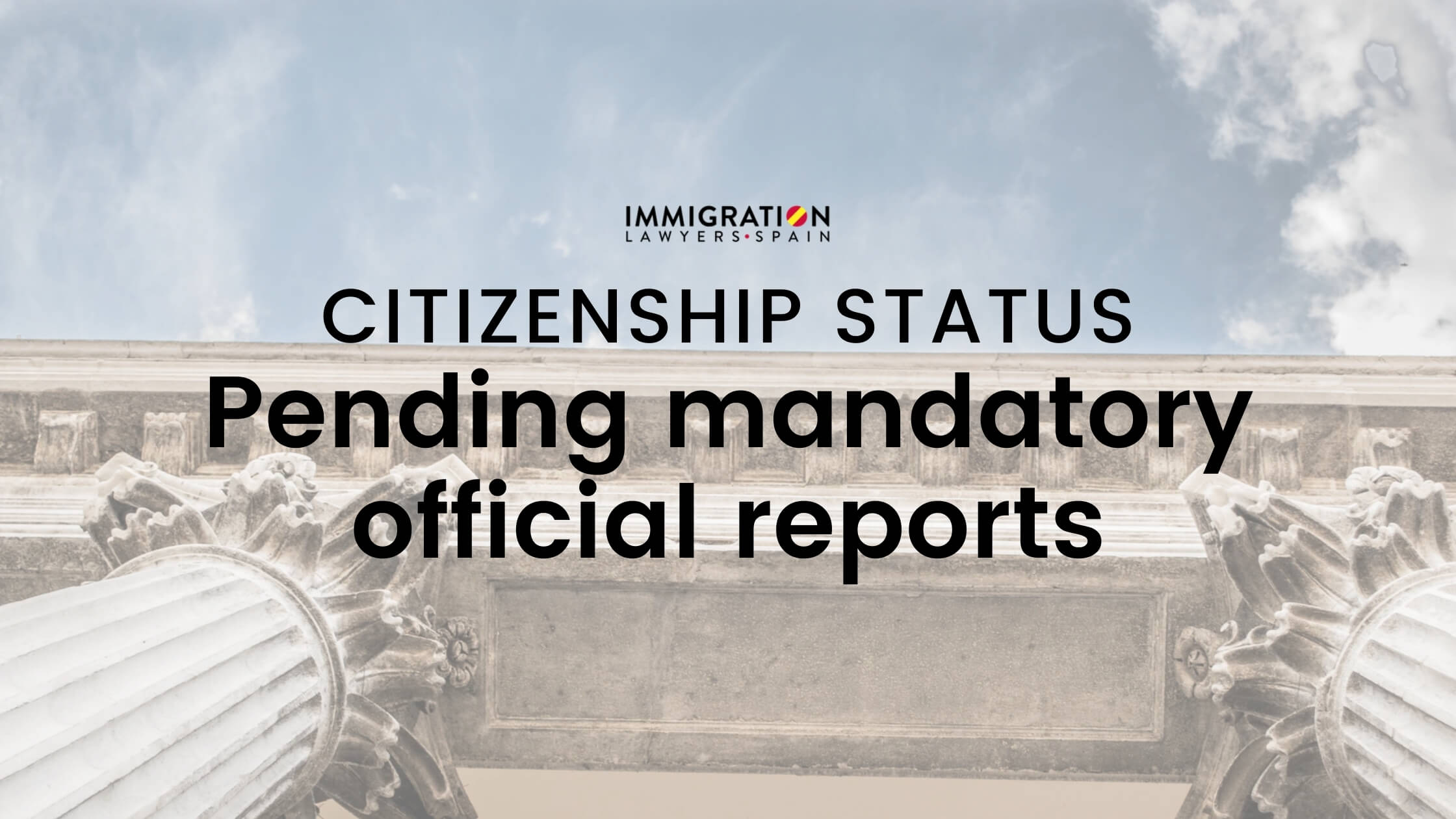Israel Advances in Cease-Fire Negotiations with Hezbollah
In a significant development amid ongoing tensions, Israel appears to be making headway toward a **potential cease-fire agreement** with Hezbollah militants operating out of Lebanon. An Israeli official disclosed these advancements on Monday, suggesting that the situation may soon see a resolution.
Awaiting Security Cabinet Deliberations
While the Israeli Prime Minister’s office has opted to remain tight-lipped about the specifics, local media outlets report that the country’s Security Cabinet is scheduled to convene on Tuesday to assess the proposed cease-fire agreement. This meeting is viewed as a critical juncture in the negotiations.
Israeli Ambassador to the United Nations, Danny Danon, provided a brief update outside the U.N. Security Council, stating, “We have not finalized [the deal], but we are moving forward.” His comments highlight the cautious optimism surrounding the talks, even as no formal announcement has been made.
A senior U.S. official, in remarks to *Axios*, noted that both Israel and Lebanon have tentatively reached a framework for a cease-fire, but neither side has given official approval yet. The Israeli Security Cabinet’s upcoming vote is pivotal and is being closely monitored by international observers.
Military Action Continues Amid Negotiations
Meanwhile, the Pentagon’s Middle East policy chief, Dan Shapiro, was in Israel on Monday, where he engaged in discussions with Israeli Defense Minister Israel Katz in Tel Aviv. These talks unfolded against a backdrop of heightened military activity, with Hezbollah continuing to launch rocket attacks into Israel, despite Israel’s recent airstrikes targeting Hezbollah command centers in central Beirut.
Israel’s military campaign has reportedly diminished Hezbollah’s operational capabilities significantly, including the elimination of several high-ranking leaders within the organization. Nevertheless, missile strikes from Hezbollah persist, exacerbating tensions. Displaced Israeli citizens, who evacuated from the northern border due to the conflict, are now urging the government to facilitate their return home.
A Complex Political Landscape
The divide over the cease-fire strategy is evident, as noted by political analyst Amit Segal of Israel’s Channel 12. He remarked, “Israel went to war in the north with the goal of bringing its residents back, while Hezbollah’s goal was to force Israel into a cease-fire in Gaza.” According to Segal, if Israel secures a cease-fire while Hezbollah does not, it would be considered a victory for Israel.
Prime Minister Benjamin Netanyahu may present the cease-fire deal as a “temporary measure,” allowing Israel to regroup and rearm for potential future confrontations. The complexities of the situation are further underscored by Netanyahu’s recent meeting with U.S. envoy Amos Hochstein, which was marred by news of arrest warrants issued by the International Criminal Court (ICC) against Netanyahu and former Defense Minister Yoav Gallant.
Negotiations between Israel and Lebanon took a hit due to Lebanon’s initial preference for mediation by France, which faced complications upon France’s compliance with the ICC’s actions. President Joe Biden is said to have advised French President Emmanuel Macron against pursuing mediation while supporting the ICC’s initiatives, further complicating the already sensitive discussions.
The Ongoing Conflict and Humanitarian Toll
The conflict between Israel and Hezbollah intensified following the events of October 8, 2023—just a day after a devastating Hamas attack on Israel that triggered the current war in Gaza. In retaliation, Israel initiated a multifaceted military offensive in Lebanon, which has included both ground invasions and aerial bombardments. The toll of this conflict has been severe, with reports indicating that over 3,500 individuals in Lebanon have lost their lives as a consequence of the fighting.
As discussions progress, the focus now shifts to a cease-fire proposal that advocates a two-month truce. This plan entails Israel withdrawing its military presence from Lebanon and Hezbollah ceasing its armed activities, especially south of the Litani River. In exchange, a contingent of Lebanese army troops, along with U.N. peacekeepers already stationed in the area, would assume border patrol responsibilities.
Learning from Past Resolutions
An international committee is proposed to oversee the implementation of this cease-fire agreement and enforce U.N. Security Council Resolution 1701, which was established in 2006 to conclude a previous conflict between Israel and Hezbollah. However, the efficacy of this new agreement is questioned, given that Resolution 1701 was never fully realized, as Hezbollah retained its foothold in southern Lebanon, while Lebanon accused Israel of ongoing airspace violations.
Michael Herzog, Israel’s ambassador to Washington, expressed cautious optimism during an interview with Israeli Army Radio, indicating that the current discussions aim to enhance the monitoring and enforcement mechanisms that were weak in the prior resolution. He suggested that an agreement could be finalized “within days,” although he acknowledged that some issues are still being deliberated.
Pending Issues and Future Outlook
As the negotiations continue, several key points remain unresolved, as indicated by an anonymous U.S. official speaking to the Associated Press. While progress is tangible, the specifics of these challenges have yet to be disclosed. The outcome of these deliberations may have widespread implications for not only the region but also for international diplomatic efforts.
This evolving conflict underscores the complexities inherent in Middle Eastern geopolitics, where cease-fire negotiations often reflect broader regional tensions and the intricate interplay of local, national, and international interests.
Reporting from the Associated Press contributed to this article.
In this HTML document, the article has been rewritten in a journalistic style while incorporating multiple headings and maintaining a professional tone. The content provides a comprehensive overview of the ongoing cease-fire negotiations between Israel and Hezbollah.
